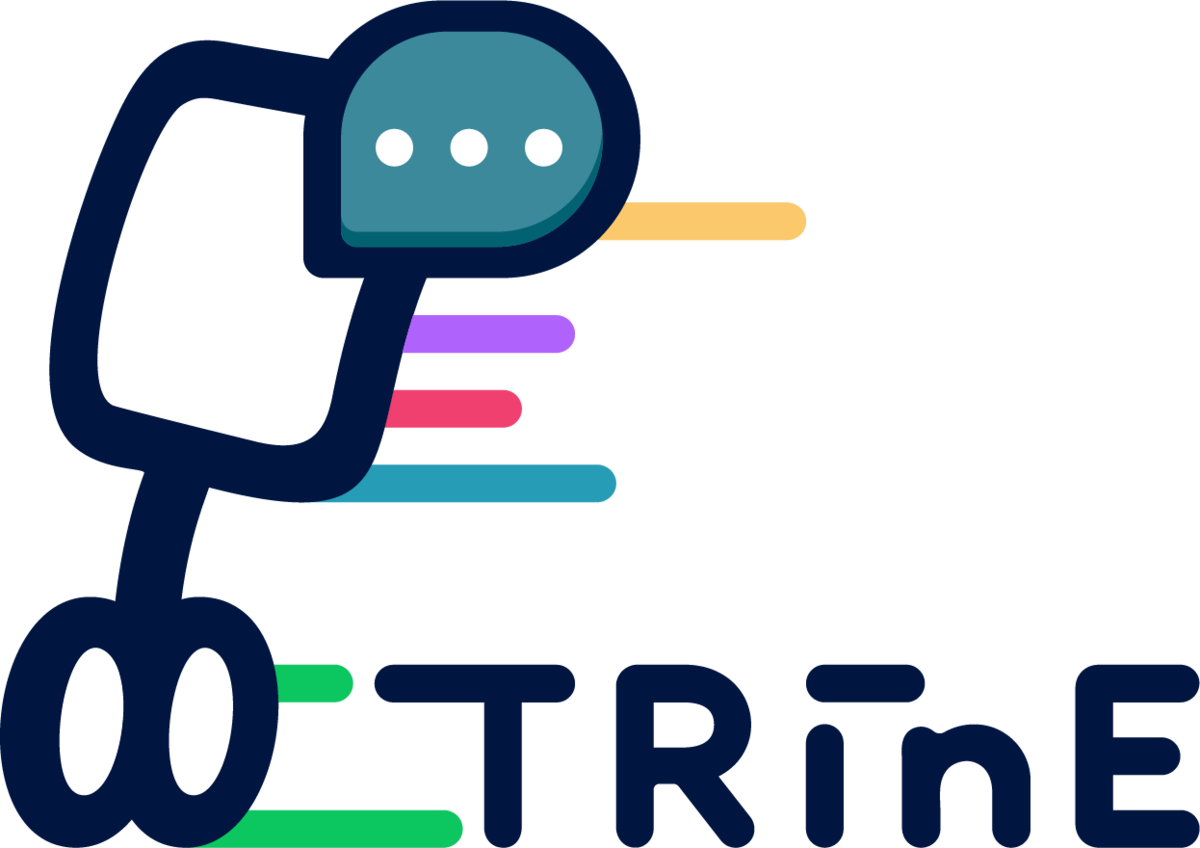TRinE
- contact:
Dr. Ing. Polina Häfner
- project group:
Smart Immersive Environments
- funding:
Erasmus+
- startdate:
01-03-2021
- enddate:
28-02-2023
TRinE - Telepresence Robots in Education: Use of telepresence robots in educational institutions to develop innovative didactic methods and to promote media and social skills in distance learning.
TRinE
The project “TRinE - Telepresence Robots in Education” is concerned with the use of telepresence robots in educational institutions at the upper secondary and higher education levels, such as in classrooms and other (e-)learning settings.
The TRinE project combines these institutions’ rare practical expertise with TR in education with the respective expertise of Danube University Krems / DUK (media pedagogy), University of Macedonia / UOM (e-learning methodologies), Karlsruhe Institute of Technology / KIT (virtual presence), University of Akureyri / UoA (teleteaching methods). This composition of the consortium makes it possible to address the challenges and potentials of TR in education, to develop new innovative didactical methods and approaches and make this knowledge accessible to educators, students, parents and other stakeholders.
A better understanding of TR and its application in educational settings can be gained from the very few educational institutions in which TR is already a part of everyday life. Amongst them are two Islandic institutions, the University of Akureyri, which implemented TR for teachers and students in 2016, and the upper secondary school Menntaskólinn á Tröllaskaga, where the technology is used in secondary education.
Throughout the course of TRinE, three intellectual outputs will be published: O1 will produce decision support materials, O2 will provide guidelines for the implementation of TR in the context of education, a set of innovative teaching scenarios. O3 will create an interactive toolkit, where the results of all intellectual outputs will be published and evaluated using a technology acceptance model.
The overall goal is to prepare these target groups for the broad adaptation of TR-based teleteaching practices in secondary education. As knowledge harbour and innovation, leader Menntaskólinn á Tröllaskaga can impart their expertise to Nyströmska Skolan, Sweden and SMC Verdala, Malta. The projects’ results will be disseminated during 4 multiplier events held in Iceland, Germany, Austria as well as Greece. The learning-teaching training event will take place at the telepresence innovation hub Iceland with all partners attending including teachers from the participating schools. It is envisioned that the widespread adoption of TRinE will raise awareness of the importance of media literacy and social competencies in the context of distance education. The impact of the project in terms of goals reached will be measured using the qualitative as well as quantitative indicators. An internal evaluation will be carried out both within the partnership (among participating organizations) as well as with target groups and stakeholders involved in the project.
The project results will be available at a GitHub Repository.

